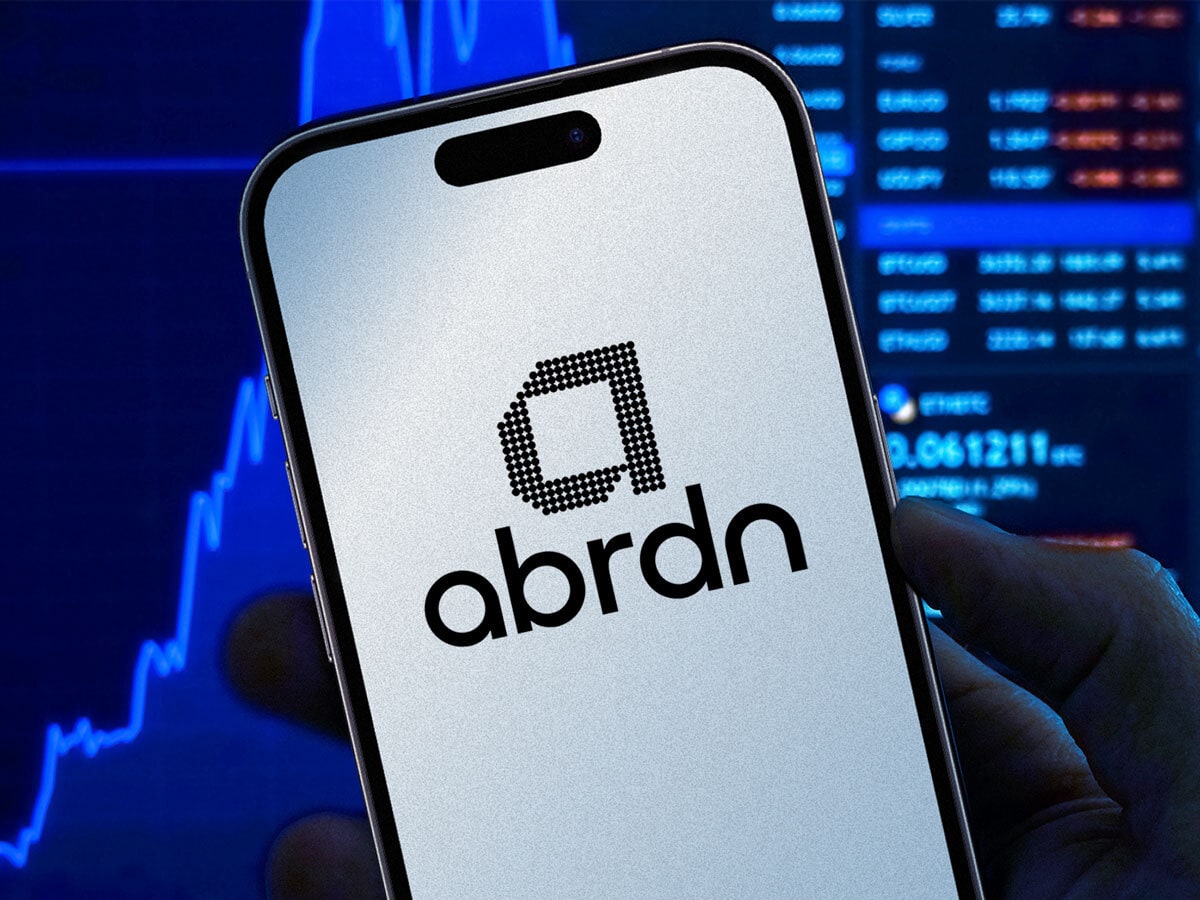Abrdn has rejoined the FTSE 100 in the top flight index’s latest quarterly reshuffle, having only exited at the end of August. The Edinburgh-based asset manager’s stock has surged since the ejection, thanks to its policy of returning capital to shareholders. Longer-term, Abrdn will have to persuade customers to keep their money invested in its funds or risk more outflows.
Abrdn’s stock [ABDN] has rejoined the FTSE 100 having only been ejected at the end of August. At the time of the exit, the Edinburgh-based asset manager was struggling with rising outflows and a £320m pre-tax loss for the first half of 2022.
Behind the losses was a downturn in global markets that had affected investment performance and rocked investor confidence. The asset manager’s flagship Global Absolute Returns Strategies Fund (GARS), once the UK’s largest mutual fund, has fallen from a peak of £27bn AUM to £1.36bn AUM at the end of October, according to Morningstar data.
The pressure led to Abrdn’s share price to drop nearly 40% from the start of the year to the end of August. However, since leaving the FTSE 100 Abrdn’s stock has mounted an impressive fightback to the top flight index.
Abrdn’s share price rallies over autumn
Abrdn’s share price has rallied over 37% since 1 September, closing Friday 2 December at 201.7p, helped in part by the company’s policy of returning capital to shareholders. In October Abrdn completed the first phase of its £300m share buyback. CEO Stephen Bird told Financial News in November that the asset manager had “more to give back to shareholders”.
Under Bird’s leadership, Abrdn has shifted its strategy to focus on three areas: investments, advisors and personal wealth. The strategic shift included the £1.5bn purchase of online trading platform Interactive Investor. The asset manager has also shuttered underperforming funds. The latest is the closure of the Emerging Markets Local Currency Bond fund after the fund’s net asset value dropped to $20.47m.
There has also been more of a “risk on” mode in the market of late, according to Morningstar Senior Editor James Gaard, which is helping stocks like Abrdn, “which is known for its emerging markets and smaller companies funds”. Abrdn had blamed its disappointing interim results on the "sharp rotation from growth to value" seen in the first half of the year.
The surge in Abrdn’s stock sees the asset manager re-enter the FTSE 100 with a market capitalisation of £4.1bn.
Along with Abrdn, insurer Beazley [BEZ] and engineer Weir [WEIR] are also set to be promoted.
Outflows continue to be a problem
A change in strategy, the completion of the Interactive Investor transaction, and shareholder payouts have helped Abrdn after it was unceremoniously dumped out of the FTSE 100.
However, over the long term investors will want to see that mounting outflows are being addressed. Assets under management dropped to £508bn in the first half of 2022, down from £542bn in the same period of 2021.
"The company will have to generate sustained and meaningful inflows to remove the risk of fresh volatility returning to the share price," said Hargreaves Lansdown's Susannah Streeter.
The asset manager’s ability to reverse falling fee revenue and profits will also be key to any sustained turnaround. In the first half of 2022, fee-based revenue dropped 8% year-on-year to £696m and operating profits were down 28% year-on-year at £115m.
For income seekers, Abrdn offers a 7% forward dividend yield which will instantly put it at the top of the FTSE 100 dividend stocks on promotion. Since 2020, the dividend has been a predictable 7.3p for the interim payout and 7.3p for the full year.
Analysts appear to be downbeat on Abrdn’s stock. Of the 16 polled by Refiniv, the stock has four ‘hold’ ratings, seven ‘underperform’ ratings and two ‘sell’ ratings. There are two ‘buy’ ratings and a lone ‘outperform’ rating. A median analyst price target of 175p would see a 13.2% downside on Friday’s close.
Continue reading for FREE
- Includes free newsletter updates, unsubscribe anytime. Privacy policy





